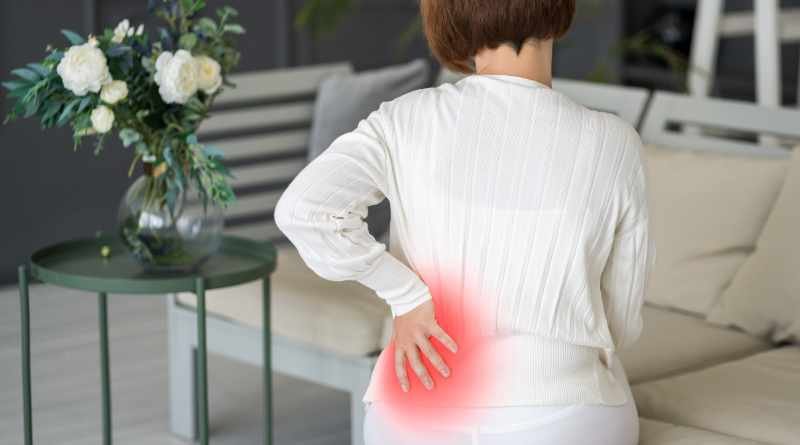Unveiling the Hidden Risks: Side Effects of Decaf Coffee in Females

Decaffeinated coffee has long been considered a safer alternative to its caffeinated counterpart, with many individuals choosing it to avoid the stimulating effects of caffeine. However, recent research has shed light on potential side effects of decaf coffee in females. In this article, we delve into the lesser-known risks associated with consuming decaffeinated coffee, exploring its impact on female health and well-being.
Understanding Decaf Coffee
Decaffeinated coffee is coffee that has undergone a process to remove most of its caffeine content. This process typically involves steaming the beans and then washing them with a solvent such as ethyl acetate or water. The result is a beverage with significantly reduced caffeine levels, making it a popular choice for those sensitive to caffeine or seeking to reduce their intake.
The Rise of Decaf Coffee Consumption
In recent years, decaf coffee consumption has been on the rise, driven by various factors including health concerns, pregnancy, and personal preferences. Many individuals opt for decaf coffee to avoid the jitters, insomnia, and other side effects associated with caffeine. Additionally, pregnant women often switch to decaf to minimize potential risks to their unborn child.
Common Side Effects of Decaf Coffee
While decaf coffee is generally considered safe for most individuals, it is not without its side effects. Common complaints among decaf coffee drinkers include gastrointestinal discomfort, such as bloating, gas, and diarrhea. These symptoms may be attributed to compounds other than caffeine found in coffee, such as chlorogenic acids and polyphenols, which can irritate the digestive system in some people.
Side Effects of Decaf Coffee in Females
In recent studies focusing on the specific effects of decaf coffee in females, researchers have uncovered some concerning findings. One study published in the Journal of Women’s Health revealed a potential link between decaf coffee consumption and an increased risk of bone fractures in postmenopausal women. The researchers hypothesized that certain compounds in decaf coffee may interfere with calcium absorption, leading to weakened bones over time.
Another area of concern is the impact of decaf coffee on hormone levels in females. Preliminary research suggests that regular consumption of decaf coffee may alter estrogen metabolism and hormone balance in women, although further studies are needed to confirm these findings. Hormonal fluctuations can have wide-ranging effects on female health, potentially contributing to issues such as menstrual irregularities, fertility problems, and mood disorders.
Potential Risks During Pregnancy
Pregnant women are advised to limit their caffeine intake due to its potential effects on fetal development. While decaf coffee contains significantly less caffeine than regular coffee, it is not entirely caffeine-free. Some research suggests that even small amounts of caffeine during pregnancy may increase the risk of miscarriage, preterm birth, and low birth weight. Therefore, pregnant women should exercise caution when consuming decaf coffee and consult with their healthcare provider for personalized recommendations.
Individual Variability and Genetic Factors
It’s important to note that individual responses to decaf coffee can vary widely. Factors such as genetics, metabolism, and overall health can influence how a person reacts to decaffeinated beverages. Some individuals may experience no adverse effects from drinking decaf coffee, while others may be more sensitive and prone to side effects. Additionally, certain genetic variations may impact how the body metabolizes coffee compounds, potentially affecting their health outcomes.
Conclusion
While decaf coffee is generally considered safe for most individuals, it’s essential to be aware of potential side effects, particularly in females. From gastrointestinal discomfort to hormonal imbalances and pregnancy-related risks, the effects of decaf coffee can vary widely from person to person. As with any dietary choice, moderation is key, and individuals should listen to their bodies and consult with healthcare professionals if they have any concerns about their caffeine intake, especially during pregnancy or while managing specific health conditions. By understanding the potential risks associated with decaf coffee, individuals can make informed decisions about their beverage choices and prioritize their health and well-being.
In conclusion, while decaf coffee offers a caffeine-free alternative for those looking to enjoy their favorite beverage without the stimulating effects of caffeine, it’s essential to consider the potential side effects and risks, particularly in specific populations such as females and pregnant women. By staying informed and mindful of their caffeine intake, individuals can strike a balance between enjoying their coffee and safeguarding their health.





